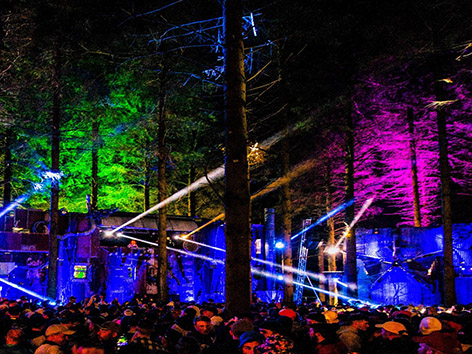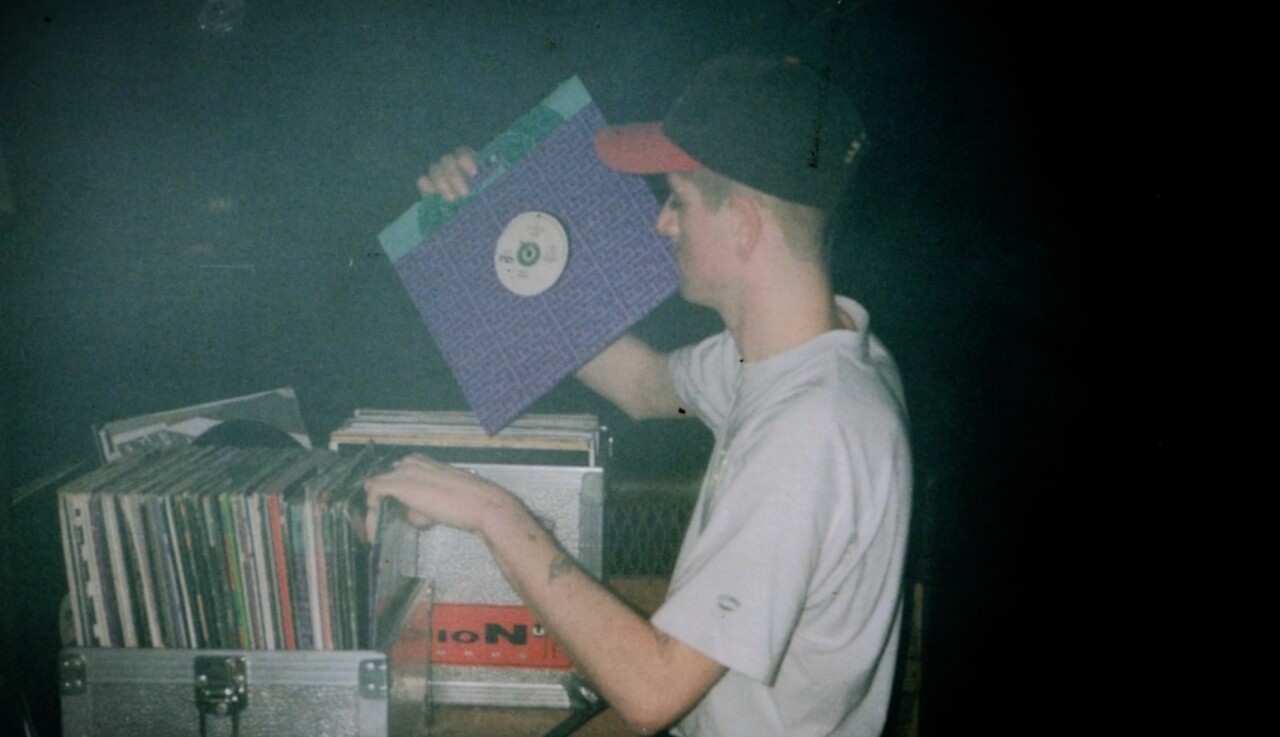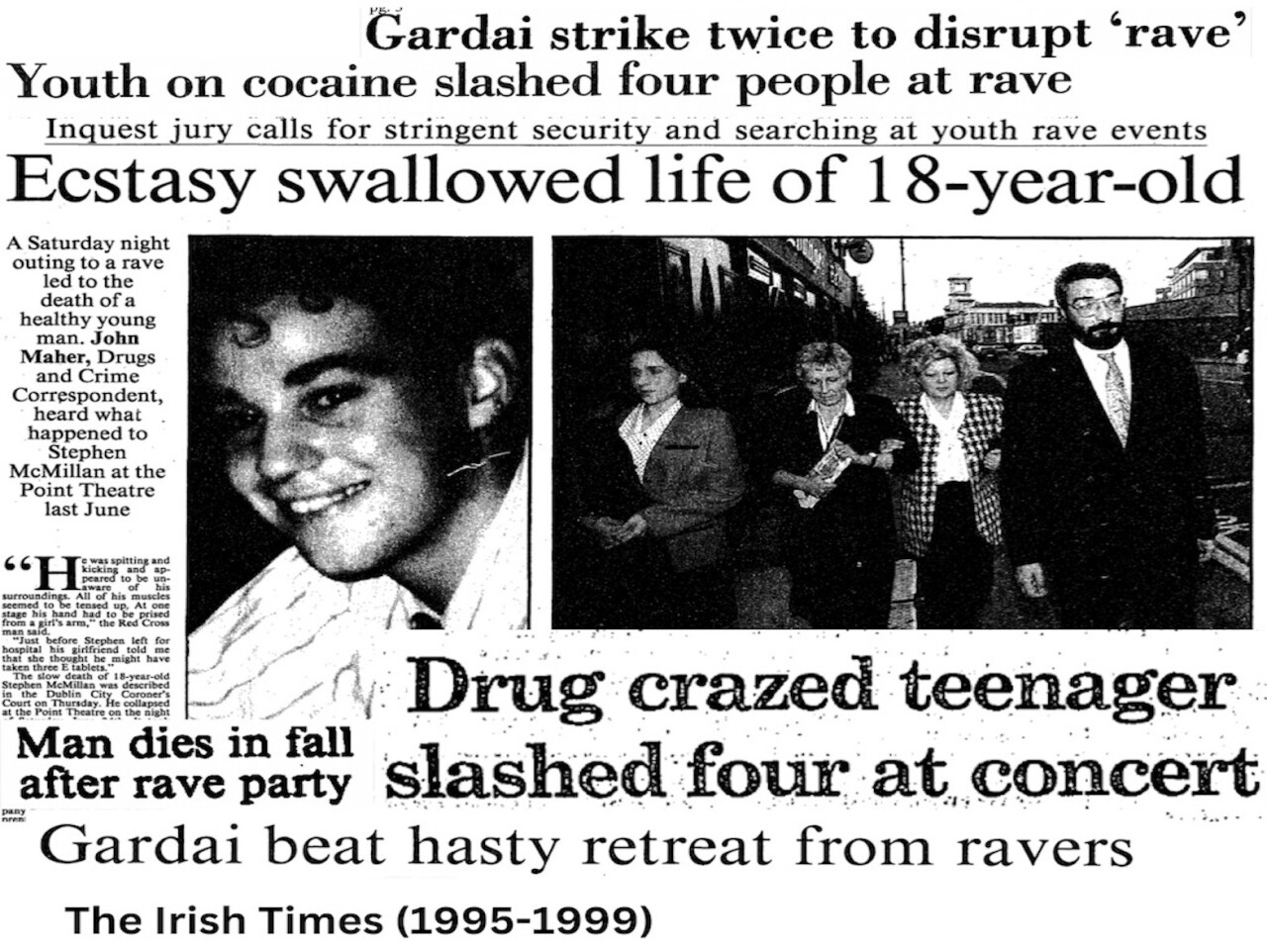


Studying the subculture of rave culture in Ireland for my thesis has been incredibly rewarding. My passion for music led me to explore this fascinating subject in depth further after a resistance module in second year of CIViC, and I've thoroughly enjoyed analysing its various aspects. Last year, during my second year, I had the opportunity to partake in an internship as part of a real-world engagement module. Working in an esteemed events agency over the summer provided me with valuable real-life experience. The skills and insights gained from this internship have been immensely beneficial to me and will contribute to my future pursuits.



What path is rave culture in Ireland following, is it on the brink of extinction or morphing into something entirely new? This thesis investigates the emergence, evolution, and potential decline of rave culture amidst moral panics in Ireland, focusing on societal reactions and governmental responses. Rave culture in Ireland emerged in the late 1980s and early 1990s, centred around iconic venues like Flikkers and Sides DC. This culture faced societal backlash, such as police raids at raves, and regulatory crackdowns, including the introduction of the Criminal Justice (Public Order) Act in 1994, which targeted rave gatherings. Since 2000, Ireland has witnessed an 80% decrease in club venues, accelerated notably from 2019 to 2022, leading to monopolistic control by remaining establishments. There is a significant gap in understanding how rave culture thrives amidst a declining nightclub economy. This seemingly contradictory situation, where club closures coincide with the persistence of rave culture, suggests a transformation in how people engage with music, as rave events are perceived as a more affordable alternative in contemporary society. This study employs a diverse range of research methods, incorporating extensive literature reviews that reference the works of Barnes and Anderson, an in-depth qualitative interview with a figure within the rave scene, and analysis of documentaries and historical archives, to investigate the evolution of rave culture in Ireland. Rave culture has changed significantly, in part due to moral panic and government regulations. Once an underground scene, it gained popularity but is now shifting back to its early roots, following trends seen in London. As club prices rise and access declines, people are turning to more affordable alternatives. This has led to the revival of rave culture, which supports ravers to allocate less of their disposable income towards such activities, thereby facilitating a cost-effective lifestyle. Understanding the dynamics between rave culture and the declining nightclub economy is crucial for policymakers and cultural analysts to navigate the evolving nightlife landscape. Further study of the sudden decline of Irish nightlife, from 2019 to 2022, and the necessary steps to revive night-time culture in Dublin is needed.